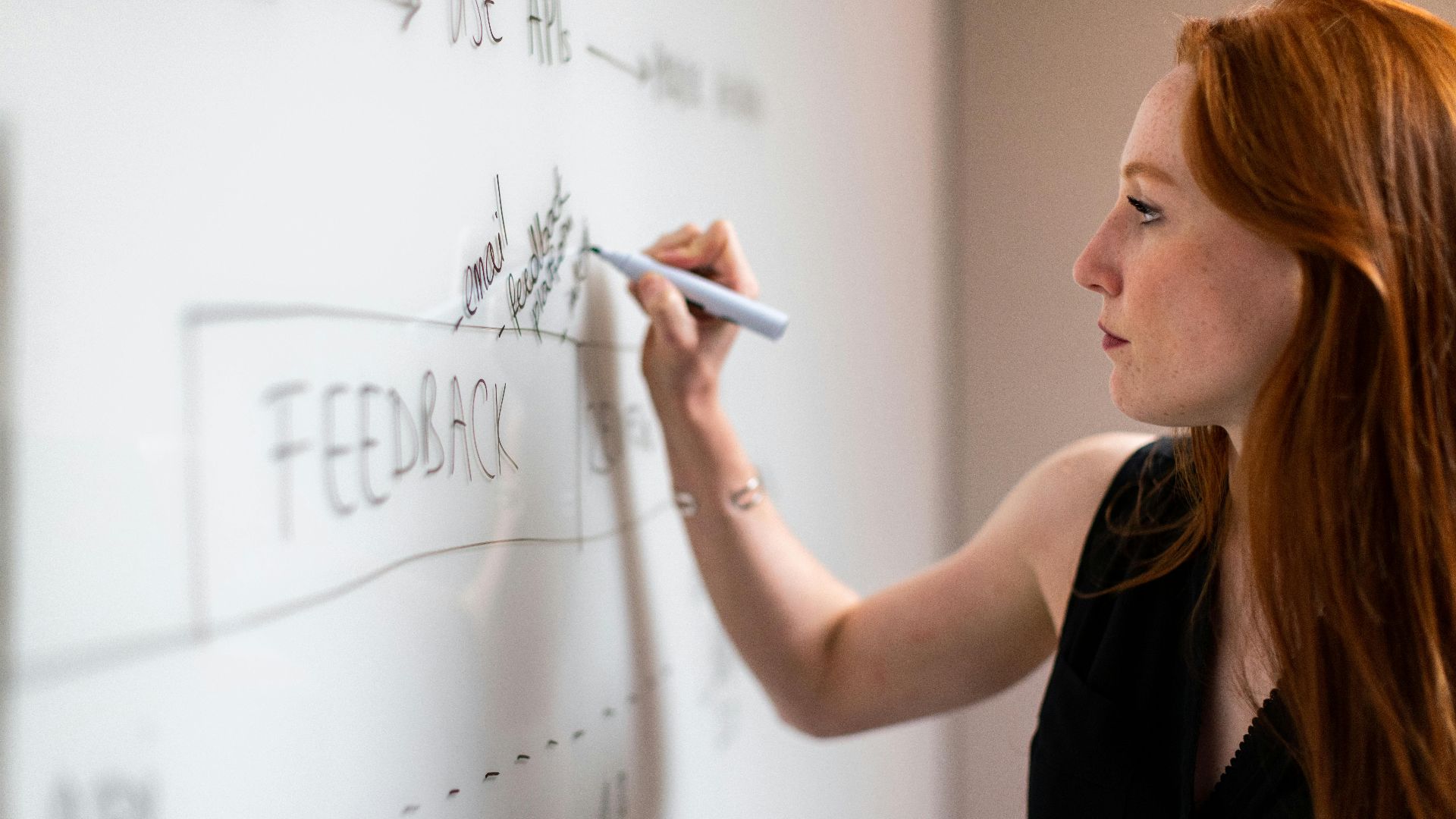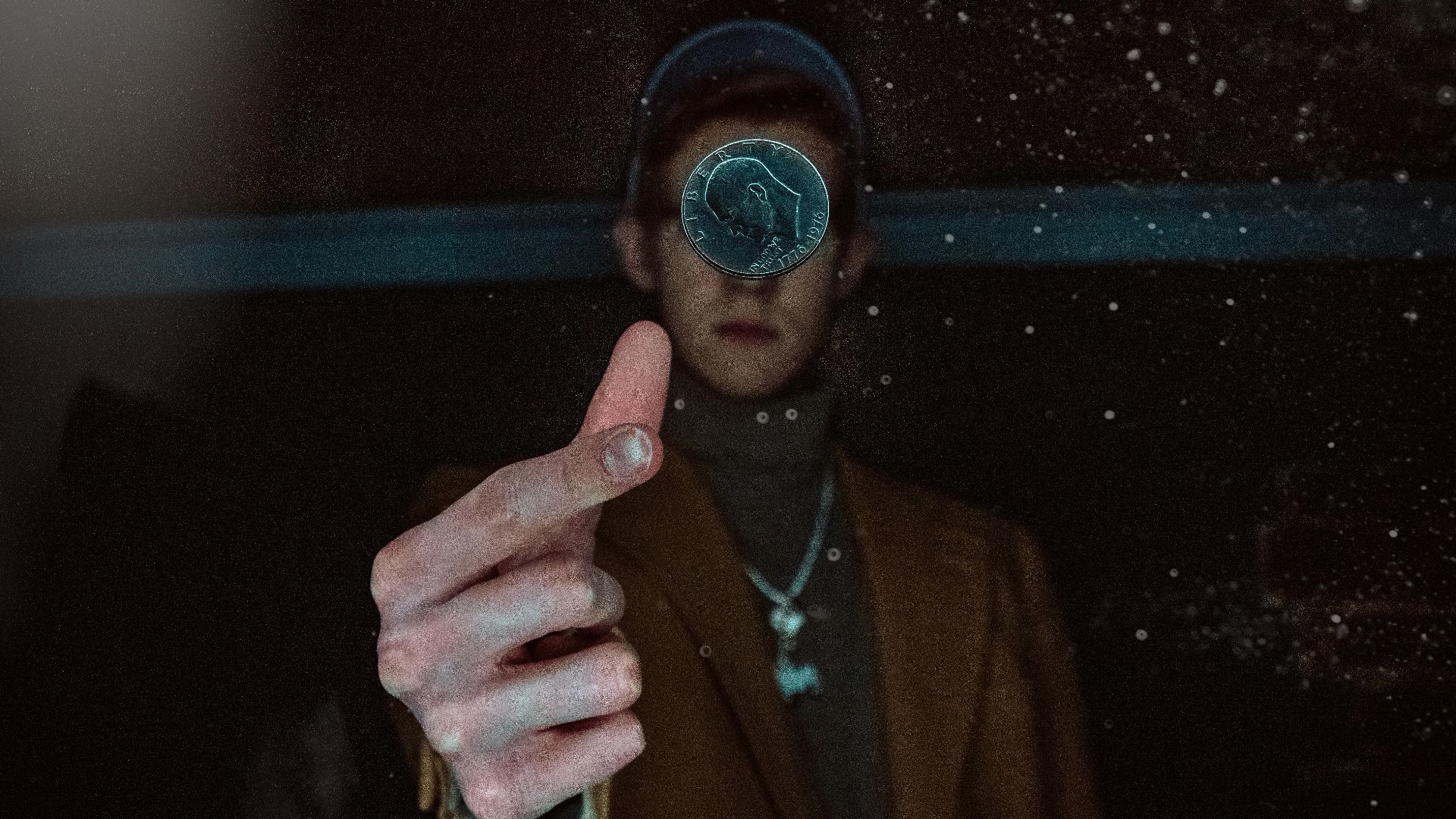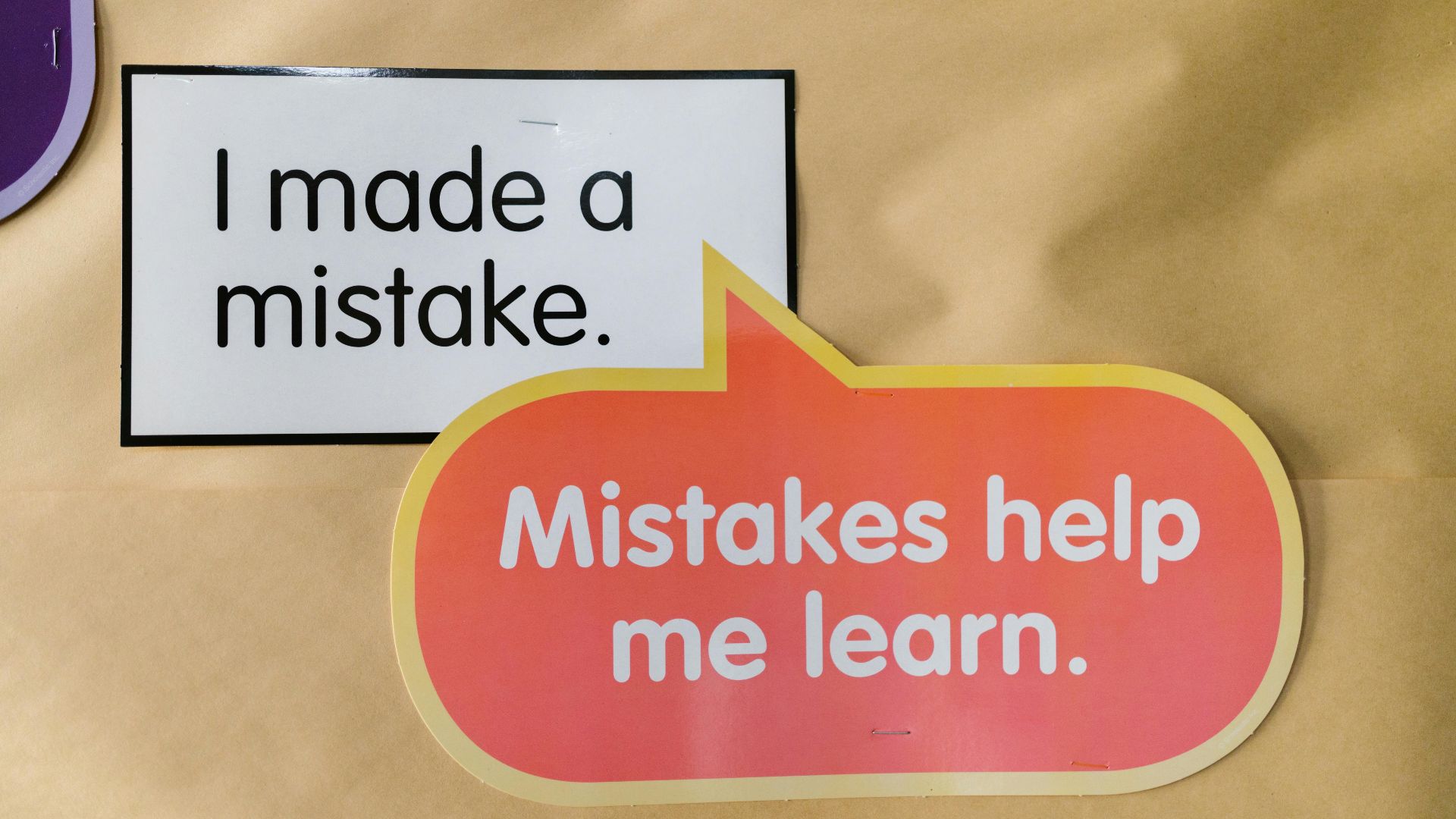Where Unusual Thoughts Quietly Begin
Some minds move at their own pace. They slow down and notice small things which seem like nothing at first. But those little pieces start lining up. Slowly but surely.

Seeing Patterns Others Miss
You see hidden links; others see clutter. An odd rhythm, a tilted painting—you know what doesn't belong. Your brain enjoys a good puzzle, so it's not about being particular. Before most people notice a pattern, you can see the threads connecting everything.
Questioning The Status Quo
And because your mind loves spotting what others overlook, you naturally start questioning things most take for granted. The phrase "it's just how it's always been" doesn't sit right. You poke it and see if it still holds up. Spoiler: it usually doesn't.
Embracing Paradoxes
As you probe further, contradictions cease to be perplexing and begin to make sense. You don't mind if two things are true at once. You can sit in sadness and joy. Rather than yearning for distinct boundaries, you thrive in the tangled area where concepts can freely flow.
Thinking In Analogies And Metaphors
Your brain likes to mess around with big ideas until they make sense. Time twists and stretches in odd ways. Like anxiety. Isn't it just a bunch of bees in a jar? Somehow, you say the weirdest stuff, and it just clicks. People hear it and go, "Yeah, weirdly accurate".
Valuing Questions Over Answers
And the playful way of seeing things? It doesn't stop there. While most people chase answers like they're gold, you're over here collecting questions like cool little pebbles. The unknown lights you up. Curiosity is the whole trip, and you're loving the ride.
Challenging Conventional Wisdom
By then, questions lead to a bigger urge, and you've got to shake things up. Not to be annoying, but because lazy answers make your brain twitch. So you dig deeper and rebuild them until they finally click into place and feel right.
Finding Comfort In Ambiguity
Ambiguity is where you're weirdly comfortable. Others panic in the fog, but you lean in with a grin and a flashlight, ready to explore. Unclear paths don't scare you. Wandering where the lines haven't been drawn yet is enjoyable.
Creating Meaning From Chaos
Ambiguity leads to chaos, but your mind starts sorting instead of freezing. A noisy room or tangled ideas? You sift through it all, pulling out the bits that matter. Where others get overwhelmed, you spot structure and quietly turn the mess into meaning.
Connecting Dots Across Disciplines
If you can pull meaning from chaos, the next move is pure creativity. You start blending science with poetry, tossing in some tech and maybe some art. It's a mix that shouldn't work, but it does. As other people stick to the rules, you build a blueprint.
Reimagining Possibilities
Some folks see a wall and stop. You see a wall and start plotting. "What if we go under it? Or paint it blue?" If rules are already bendy in your world, it makes sense when you're constantly dreaming up ways to redraw what's possible.
Divergent Problem-Solving Approaches
Mixing things up is a go-to move—stir until it shows up. Logic might be in the mix, but it's never running the show. Sometimes, you start at the end and flip it around, but you still land right where genius lives.
Appreciating Multiple Perspectives
Switching angles is second nature. You treat perspective like a joystick by flipping, tilting, and zooming in until things finally make sense. One fixed mindset? It feels like a trap. So you flip the coin and sidestep the box before anyone even notices it's there.
Curiosity Beyond The Ordinary
One odd question leads to another, and suddenly, you're deep in a rabbit hole. You want to know how something works and are curious about who made it, what they were thinking, and why they didn't do it differently. That kind of curiosity never really quits.
Redefining Success And Failure
Success, for you, is all about what stays with you after the moment has passed. A strange insight, an unexpected turn, a complete mess—they all count. Even what might be dismissed as failure becomes another chapter before moving on to whatever comes next.
Giving The Small Stuff A Lot Of Thought
Maybe it’s a word or a shape, but you might spend a long time thinking about something that might seem irrelevant. Friends move on without noticing. But you keep looking until it makes sense in a way that feels right.
Innovating Through Constraints
When you have limited options, the brain becomes more shrewd. A missing tool always serves as a reminder to do something more intelligent. You'll always figure out a way to make things better. Creating tiny sparks of ingenuity out of limits is the sweet spot.
Balancing Logic And Intuition
Shifting gears without thinking is your thing. Some days, it's gut first; other days, it's all spreadsheets and structure. There’s no tug-of-war in thinking. Intuition and logic move in and out on their own by taking turns without making a scene.
Recognizing The Interconnectedness Of Ideas
When you're wired this way, connections appear everywhere. A dozen strings shift with the pull of one. You can't think of anything by itself. Every thought connects to something else, like a hidden map, which makes sense until you start working from the back.
Thinking In Systems And Processes
Everything links up in the mind, so it's natural to zoom out. You're not into surface-level fixes because you want the whole picture. You follow how one part nudges another like others absentmindedly doodle hearts in the corners of notebook pages.
Tinkering With Ideas Just For Fun
Sometimes, your brain loves to play more than purpose. You'll mess with odd bits of information or ideas to see what they do with no big plan or grand goal. Just curiosity. That light, no-pressure tinkering is often where the most fun thinking begins.
Embracing Complexity Rather Than Simplifying
Big questions pull you in closer. Without trying to make things clear immediately, you lean into the messy stuff and half-formed thoughts. There's something satisfying about following the whole thread until it starts to weave into something that feels real to you.
Viewing Mistakes As Learning Opportunities
Every misstep gives a clue, so you stop and mentally rehearse it. You then make adjustments to continue moving. Learning how things react when they wobble and how to modify steps is what you're doing, not striving for perfection.
Anticipating Future Trends And Implications
The ripple is visible to your thoughts long before the splash. Before any surface changes at all, patterns begin to connect. Those around you continue to react, but you are already adapting. Your brain is already building a sense of where things are going. Maybe becoming a scientist is your calling.
 Photo By: Kaboompics.com, Pexels
Photo By: Kaboompics.com, Pexels
Synthesizing Information Creatively
You combine concepts from the wild regions of the brain to create combinations nobody can predict. Something half-remembered mixes with a thought from earlier and maybe a random thing you heard once. Your mind pulls pieces all over to turn them into something that lands just right.
Maintaining An Open And Adaptable Mindset
As ideas change, so do you. You take a moment to feel things out and adjust when something new lands. The mere fact that something is familiar does not force you to cling. You adapt to change as part of the unreasonably expanding and stretching thinking.































